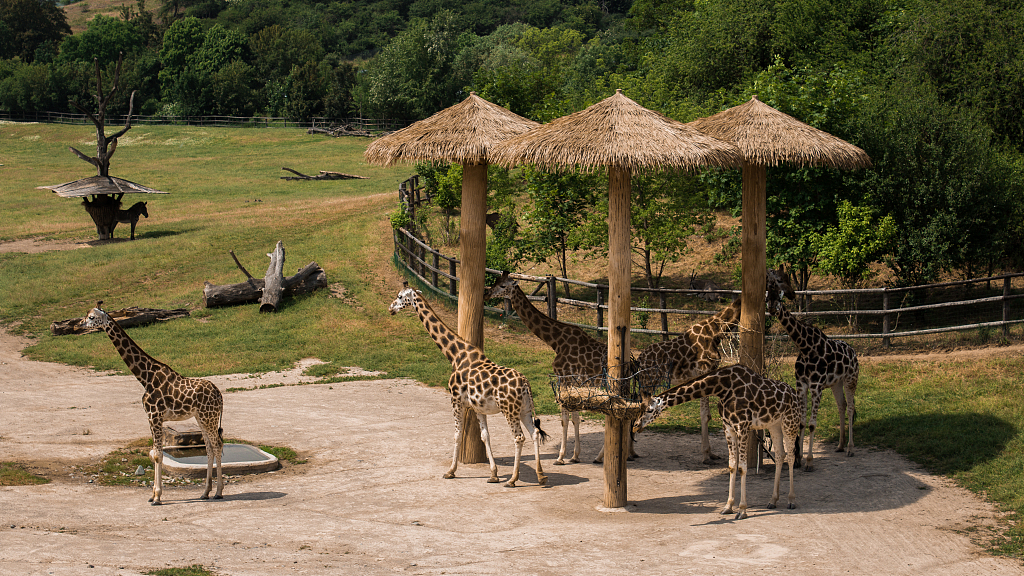
The United Nations Convention on Biological Diversity defines biodiversity as the variability and diversity among organisms. This diversity encompasses all plants, animals and microorganisms, as well as all their genes, and the diverse ecosystems in which they live.
Biodiversity is closely related to our lives. Just like the variety of vegetables and fruits we see in the supermarket, all of them are a reflection of biodiversity. Even for the same kind of vegetables, there are many differences in taste and texture between different varieties.
Of course, this is a superficial understanding of biodiversity, which has a more profound impact on human society and Earth.
Ecosystems such as forests and grasslands, rivers, lakes and seas, and wetlands and deserts provide Earth with functions such as water conservation, wind and sand control, carbon sequestration, and climate regulation. What is less well known is that the rich and diverse genes of each species have become a treasure trove of resources essential for the sustainable development of human society.
Biodiversity is important to humanity. Fifty percent of the world's gross domestic product (GDP) output is linked to biodiversity. Nearly 40 percent of the world's population depends on marine and coastal biodiversity for their livelihoods and 70 percent of the drugs used to treat cancer are derived from plants and animals.
To protect biodiversity, it is not enough to increase the number of species, but what humans should do is to understand the characteristics of species and protect the ecosystems on which they depend.
Unfortunately, the planet's biodiversity is rapidly disappearing before we even fully understand global biology. Between 1970 and 2016, the sizes of mammals, birds, amphibians, reptiles and fish monitored by World Wildlife Fund declined by an average of 68 percent.
One million plant and animal species are facing extinction, many within recent decades. This is as much about nature as it is about us: All human communities – in cities, rural areas, or forests – have relied on biologically diverse and vibrant ecosystems, Elizabeth Maruma Mrema, the executive secretary of the UN Convention on Biological Diversity, said.
It is difficult to predict what the consequences of the ongoing mass extinction crisis will be, but they must be extraordinarily serious and costly. We will need to adapt to a new world, in which many natural resources have disappeared. A balanced biodiversity and ecosystem can lead to a mild climate, productive land, abundant food, clean water and modern medicine, and provide the basis for economic development, she added while participating in Decision Makers, a global platform for decision makers to share their insights on events shaping today's world.


